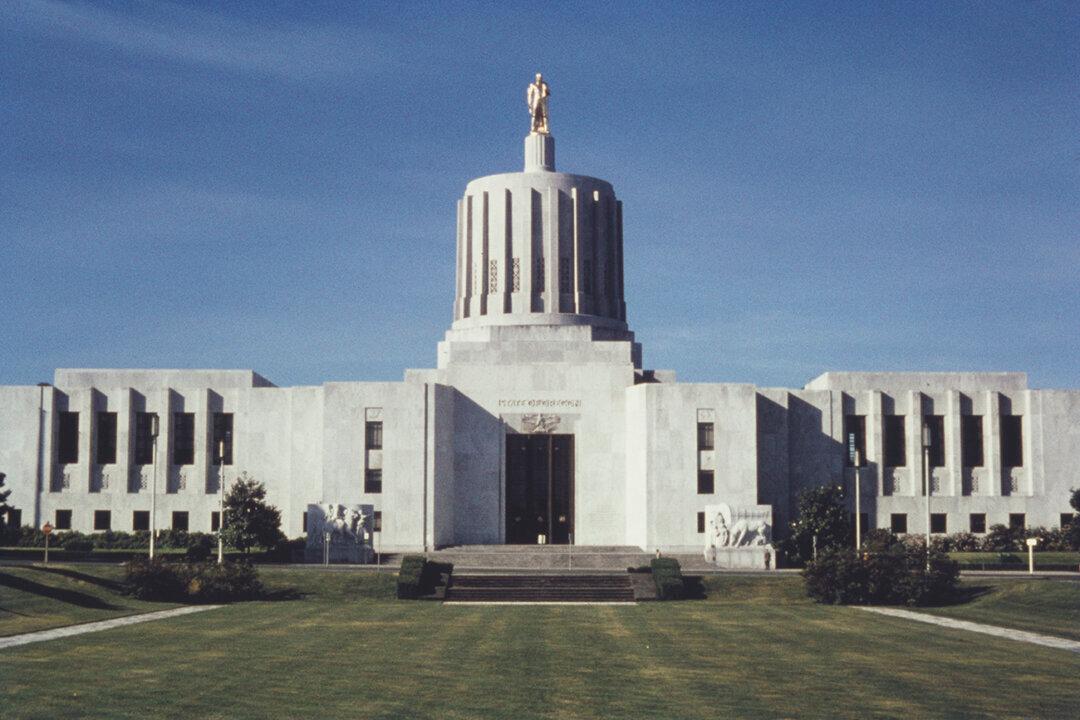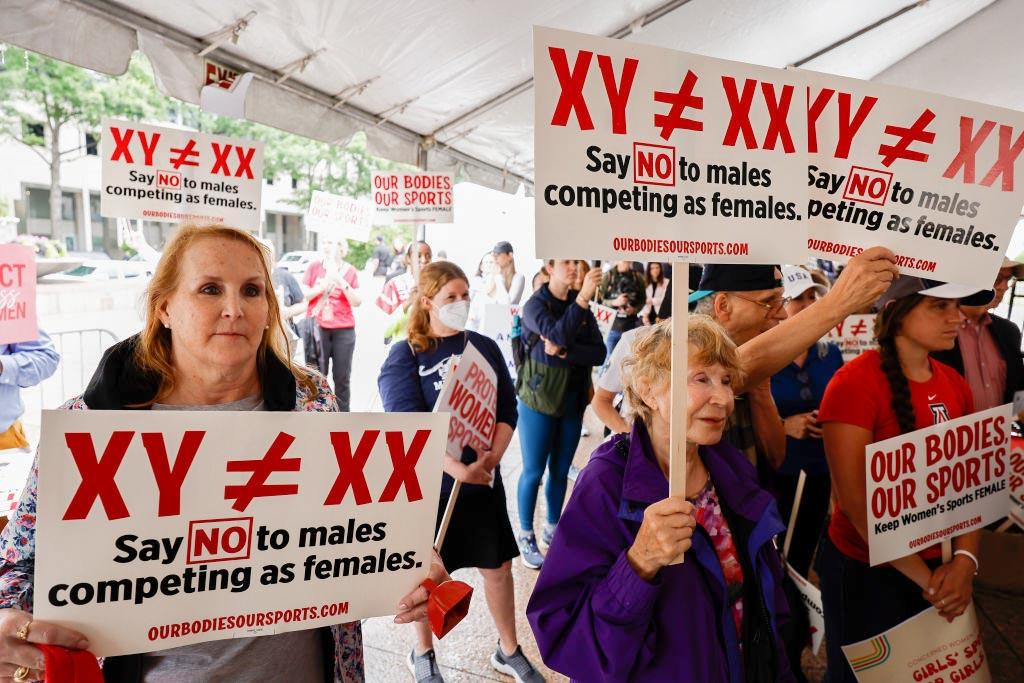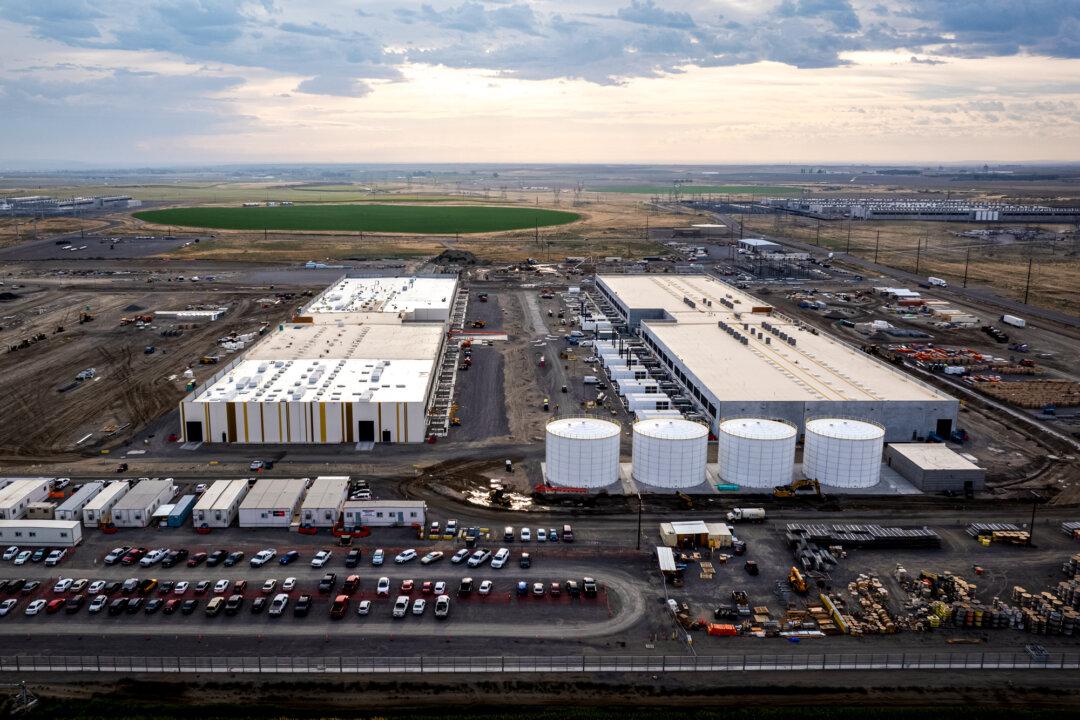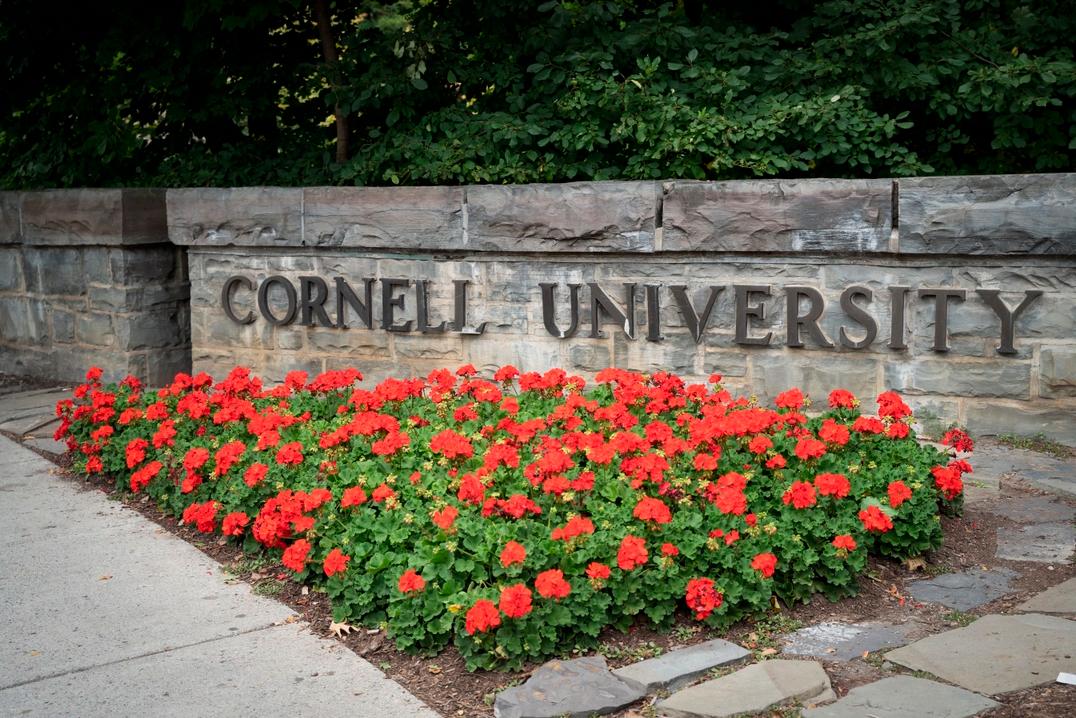Oregon voters are in a sour mood as they head into the May 17 primaries.
According to a February poll conducted by DHM Research, only 18 percent of Oregonians think the state is headed in the right direction. That’s the lowest number recorded in DHM Research surveys dating back to 1993.





